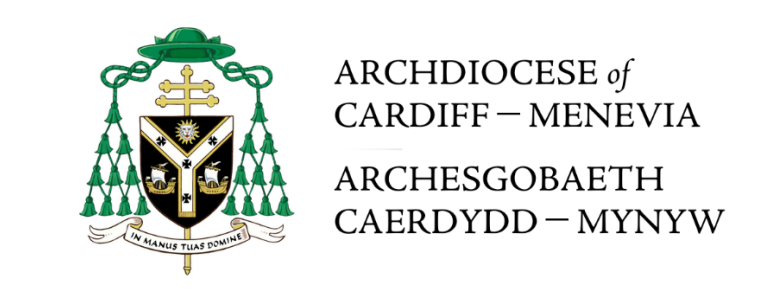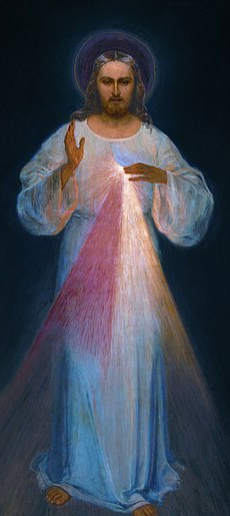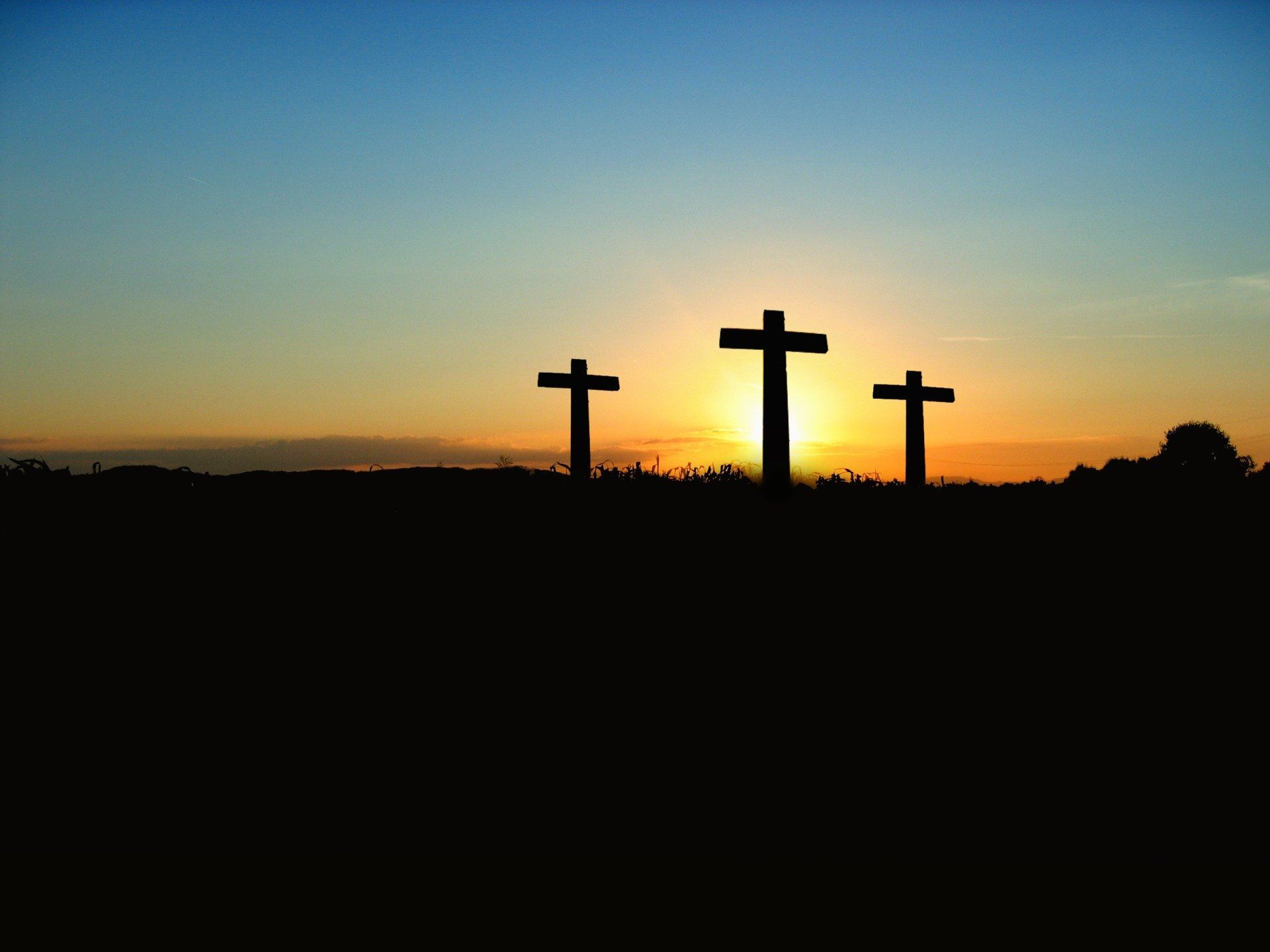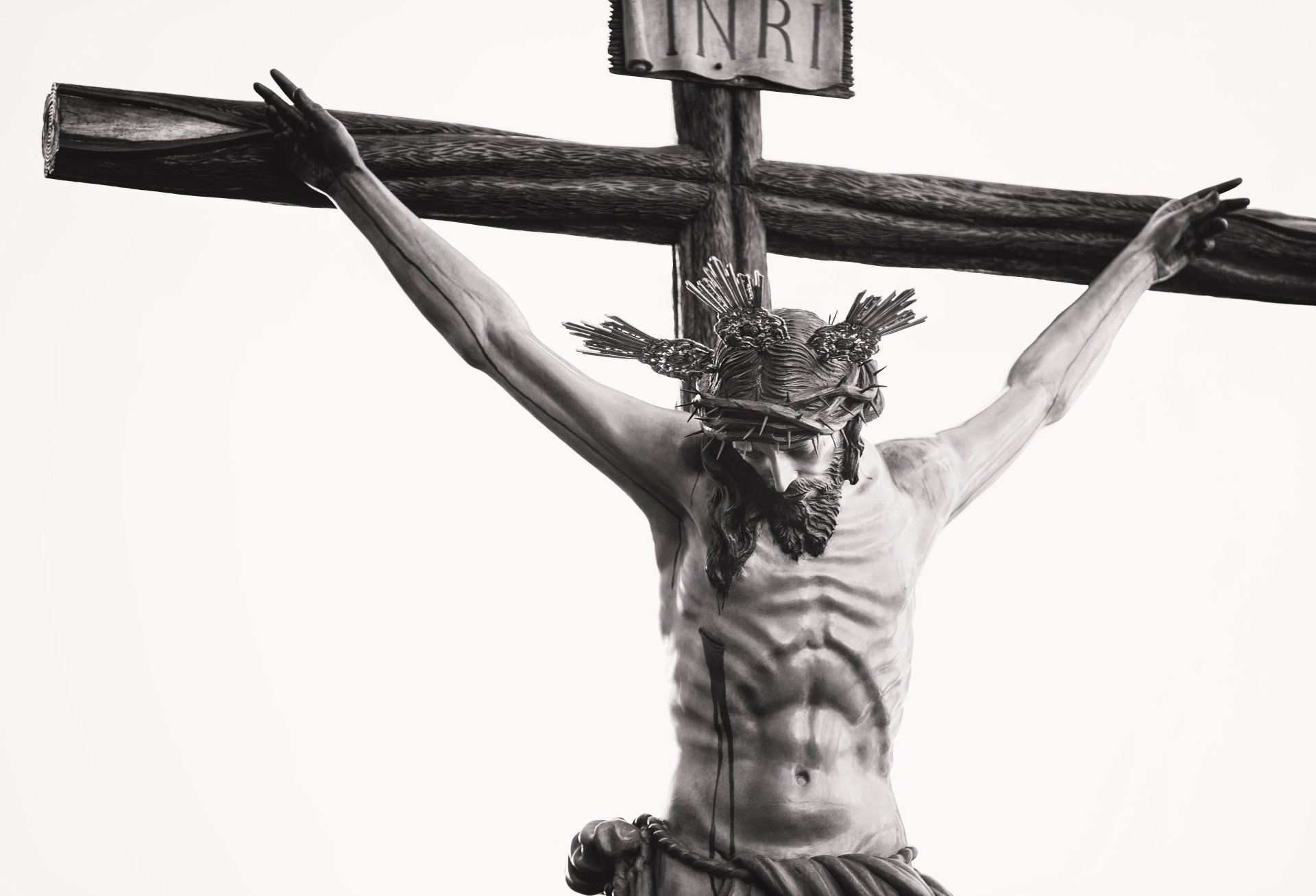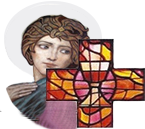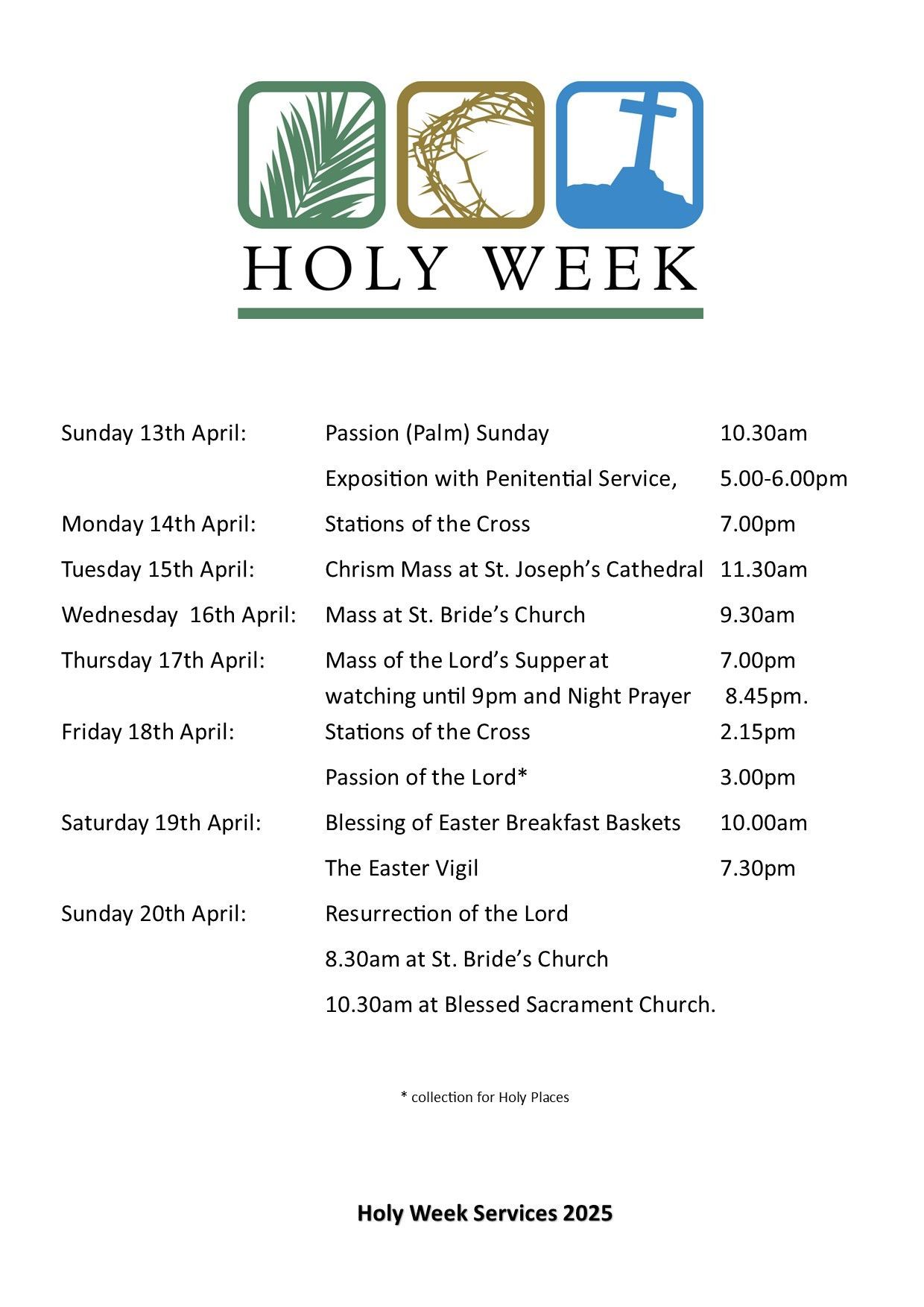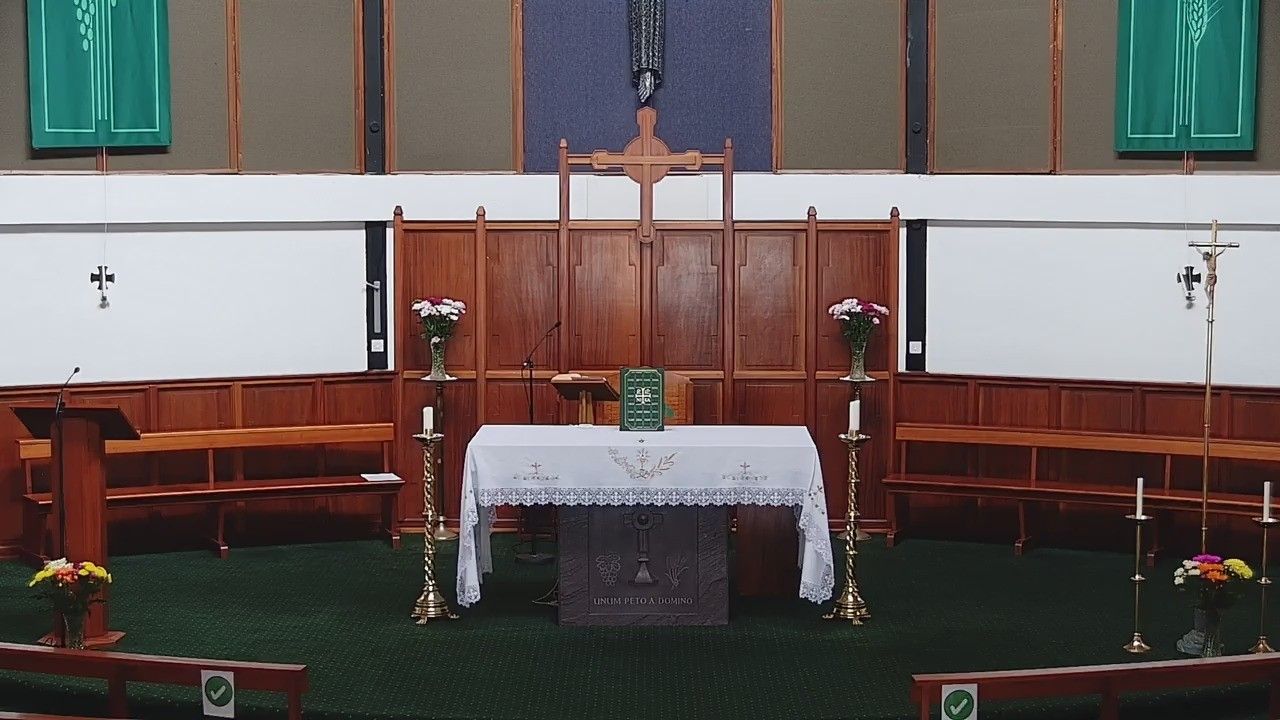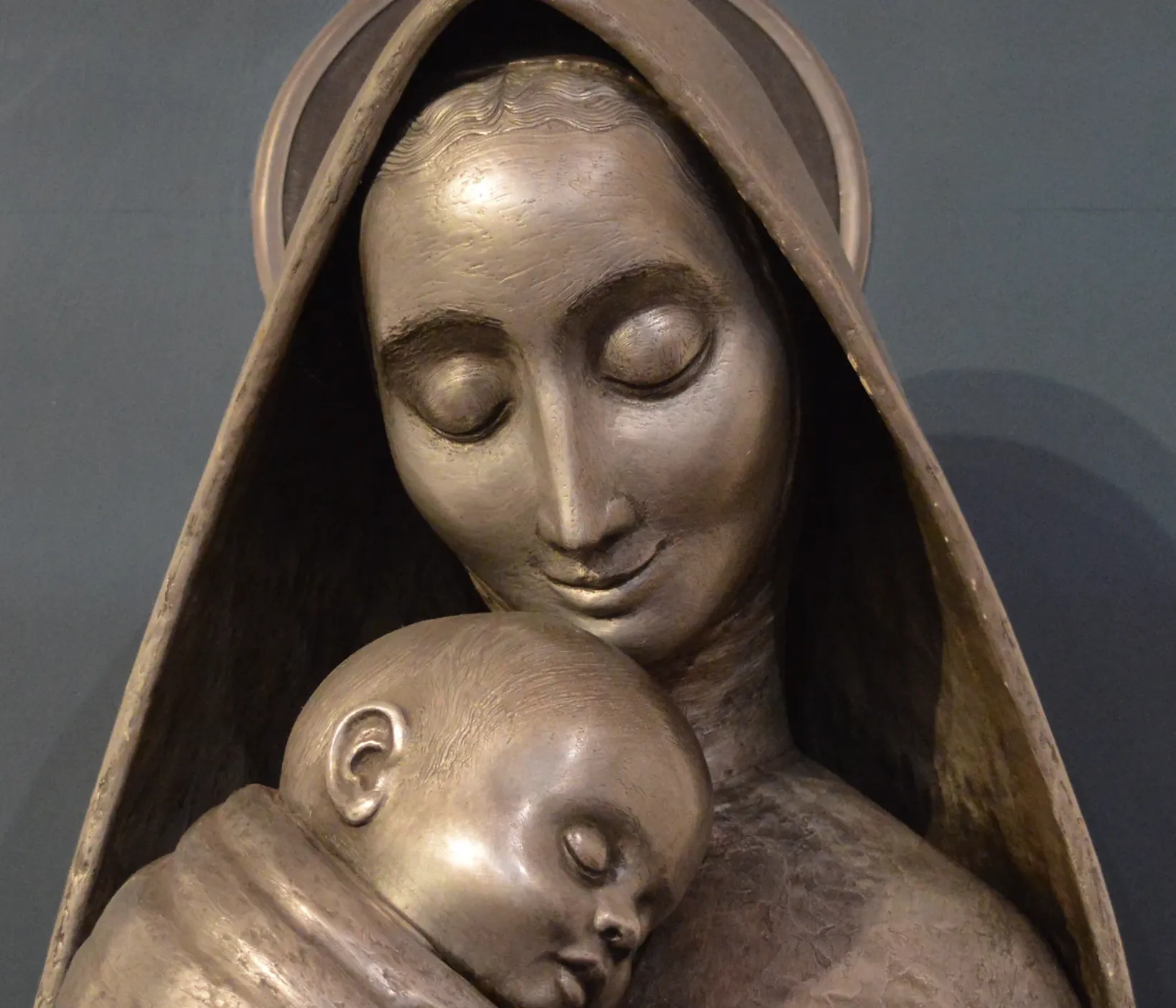Reflection - Second Sunday of Lent
Reflection - What must be cast aside?
“If your eye should cause you to sin, tear it out and throw it away. It is better to enter into life with one eye, than to have two eyes and be thrown into the hell of fire!” Matthew 18:9). This condemnation of anything which may prove a moral stumbling-block for us was deliberately extreme to make it stick in people’s minds, and it does. But “hell fire” is not precisely what Matthew wrote, but rather the “fiery Gehenna.” The Hebrew word Gehenna meant the “Valley of Hinnom,” a gorge just south of the Jerusalem Temple. It was a place under a curse, for it was there that the pagan Canaanites used to sacrifice children to their god Moloch, by throwing them into a fire.
Some breakaway Jews followed that savage custom until the idol of Moloch was finally destroyed in the 7th century B.C. The horror of the place survived, and it became the refuse dump of Jerusalem, a place of continual smoke from burning rubbish. In the public mind it became synonymous with hell, a visible image of what that place must be. But there was no place for child-sacrifice in true worship of God, and devout Jews would claim there never was. They saw the confirmation of this in the actions of Abraham, their father in faith, how God stayed his hand as he was about to sacrifice his son Isaac.
The story of Abraham and Isaac is full of high drama. The demand that Isaac be sacrificed seemed to utterly contradict God’s promise that the boy would pass on Abraham’s line into the distant future. It was a radical trial of faith, and no greater test of obedience could be set. Abraham’s heart was pierced by the boy’s innocent question, “Where is the lamb for the burnt offering? Finding it impossible to tell his son that he was the intended victim, Abraham stammered, “God will provide.” St. John may well have this episode in mind when he wrote, “God loved the world so much that he gave his only Son” (3:16). This story raises several acute questions. Why did God ask Abraham to sacrifice his son? Why did Abraham intend to obey? Indeed why did God allow his own divine Son to be sacrificed? The connection between Isaac and Jesus is obvious. Isaac prefigured Our Lord in that he was to be sacrificed on a hill, and he carried on his shoulder the wood for the intended sacrifice. But there the likeness ends. Isaac was the least notable of the patriarchs, a bridge of transition between Abraham and Jacob. In contrast, Jesus at the Transfiguration was shown to his three Apostles, as a figure of miraculous glory, truly God’s Son and messenger to the world. Despite their enthusiasm, the of the Apostles’ faith would be tested later on, as Abraham’s was. The shining revelation of the divine person of Christ was in sharp contrast to watching him in Gethsemane sweating blood before his Passion. The God who spared the son of Abraham and showered him with blessings, did not spare his own Son, but left him in the hands of his enemies for our redemption.
Unlike Isaac, Jesus was aware of what lay ahead. “The Son of Man must suffer,” he had said. Shortly before the Transfiguration, when he first told the disciples what he was to suffer, Peter prayed that God would not allow such a thing to happen. The Lord’s response was instant and severe, “Get behind me, Satan. You are thinking not as God does, but as humans do” (Mk 8:33). In dealing with God we must have faith and trust. On the cellar wall of a bombedout house in Cologne an unknown fugitive, obviously Jewish, left a testimony of trust that only came to light when the rubble was being cleared away after World War II. It read: “I believe in the sun even when it is not shining. I believe in love even when I do not feel it. I believe in God even when he is silent.” That is the faith of Abraham, and is the kind of faith we should seek as well.
© Irish Association of Catholic Priests.
